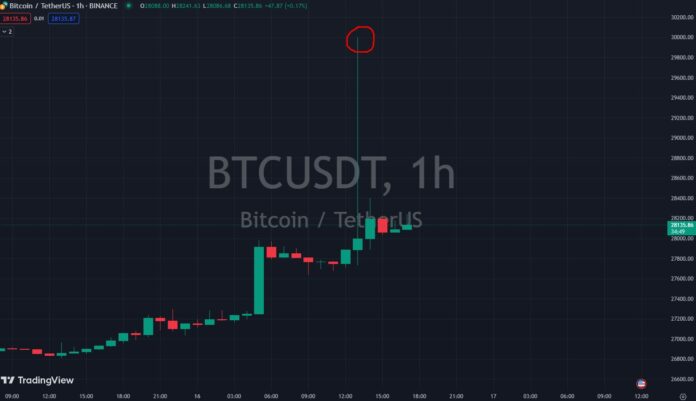In recent developments in the cryptocurrency world, the launch of a Bitcoin Exchange-Traded Fund (ETF), which directly links to the spot market rather than utilizing futures contracts, may introduce unanticipated changes to market behavior and broader financial sectors.
The fact that this ETF relies on spot pricing has significant implications. Though it is similar to more traditional investment vehicles, its link to digital assets creates an entirely unique economic dynamic. In essence, these ETFs use Bitcoins held in custody instead of derivatives or futures contracts to track their prices.
This distinct approach can fundamentally change how markets operate. For one, with undiluted access to the absolute asset value, investors might experience enhanced returns compared to investing in indirect financial products tied to cryptocurrency futures.
However, it’s not just about profits; a Bitcoin ETF may also trigger regulatory adjustments since such tools connect mainstream finance directly with decentralized digital currencies. There are questions regarding how smoothly a transparently traded, regulated product will blend into a marketplace inclined toward privacy and resistance against monitoring.
A wealthier investor pool brought by an ETF may also stretch existing custodial services’ capacities since they’ll have increased demand for secure storage solutions. Therefore service providers might have to scale up operations or make strategic collaborations.
Moreover, this kind of financial product will likely increase pressure on miners – given that they’re responsible for transaction verification and coin creation – as investors access bitcoins via custody services not directly through mining activities.
In summary, the introduction of a bitcoin ETF closely linked with the spot market taps into uncharted territory. This situation could alter dynamics notably across several areas from regulatory frameworks and custody requirements to mining pressures alongside potential benefits it offers to diversified portfolio investors.


